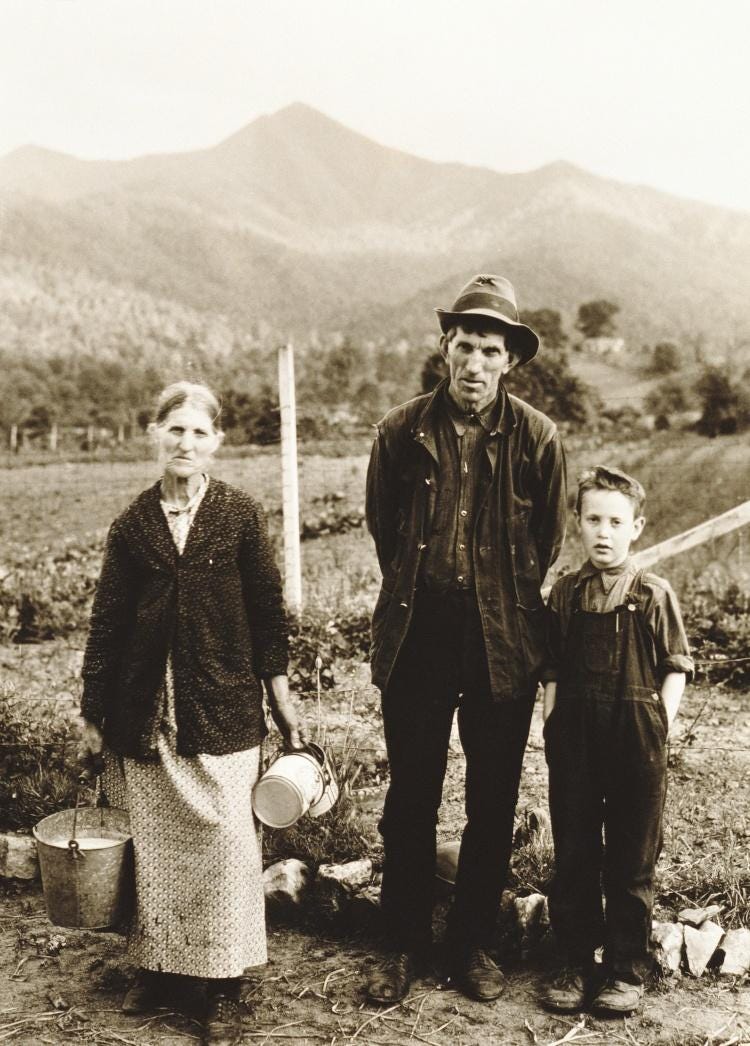You Don't Own Your Socials
You rent them from the media, and it's a problem
You would think that all the time that you put into your socials would mean something in terms of who owns the content that you have produced, the followers that you have gathered, and the conversations that you have started but nothing could be further from the truth. You don’t own your socials, the platforms you use do.
The Rental Agreement
When you sign up for a social media account, the Terms of Service are essentially a Rental Agreement. You agree to inhabit a site whose entire infrastructure is a land mass owned by the Platform. The Platform agrees to host you on their land, for free, and provides certain liberties about what you may or may not do on that land. You can build a profile, invite friends, engage in conversation, share intimate thoughts, form a sense of community, conduct business, create art, amass followers practically do what you like with your space as long as it does not violate the Rental Agreement.
The crux is that everything you with the slice that you rent is their property. The profile that you have built, the friends that you have made, the content of every conversation, all of the relationships, the underpinnings of your commerce, the creative outputs, and any of your followers are all owned by the Platform. It is just like if you rent a house or an apartment, any improvements that you put into that environment are ultimately owned by the landlord.
Historical Analogy
After the Civil War, former slaves sought jobs, and planters sought laborers. The absence of cash or an independent credit system led to the creation of sharecropping.
Sharecropping is a system where the landlord/planter allows a tenant to use the land in exchange for a share of the crop. This encouraged tenants to work to produce the biggest harvest that they could, and ensured they would remain tied to the land and unlikely to leave for other opportunities.
High interest rates, unpredictable harvests, and unscrupulous landlords and merchants often kept tenant farm families severely indebted, requiring the debt to be carried over until the next year or the next. Laws favoring landowners made it difficult or even illegal for sharecroppers to sell their crops to others besides their landlord, or prevented sharecroppers from moving if they were indebted to their landlord.
In the 1930s, sharecroppers began to organize for better rights, and the integrated Southern Tenant Farmers Union began to gain power. The Great Depression, mechanization, and other factors lead sharecropping to fade away in the 1940s.
Modern Application
With the creation of Social Web, users flocked to experiences that enabled them to connect with family, friends, followers, and customers online. The absence of any system to quantify the value user generated content led to social sharecropping.
Social sharecropping is the system where the centralized media platform allows a user to “farm” the platform in exchange for complete ownership of your “crops”. The “crops” raised are likes, views, shares, followers, and comments.
The platforms encourage users to connect, amass followings, and create content — and build in a “walled garden” experience to ensure that you remain tied to the platform, unlikely to migrate.
The deeper you get into the platform, the more you are indebted. The largest social accounts seem interesting on paper, but their followings are a debt metric. The larger the account, the larger the indentureship is to the platform.
What we are building with Shill® is a way for users to exit this system of exploitation.
Digital Property Rights
We want to enable every user on the web to own their own social networks.
Unlike physical property, digital property exists in infinite quantity — there is no scarcity. Everyone can own digital “land” for zero cost and anyone can “farm” that land to produce fruitful relationships. There is no reason for you to be dependent upon a digital landlord.
The disadvantage of owning your own social network, just like owning your house, is that it is hard work. There will be no “landlord” to bail you out of maintenance, no one to loan followers to you, you will have to find them. You will have to make your own rules, and figure out what works and what does not work. You will not be able to depend on the Big Tech police, instead you will have to learn to be the law.
It will not be an immediate gratification project, but what you build will be yours, debt-free, and no one will ever have repossession rights over your social property. This future, a future of digital freedom is a future that we believe is worth the investment.

